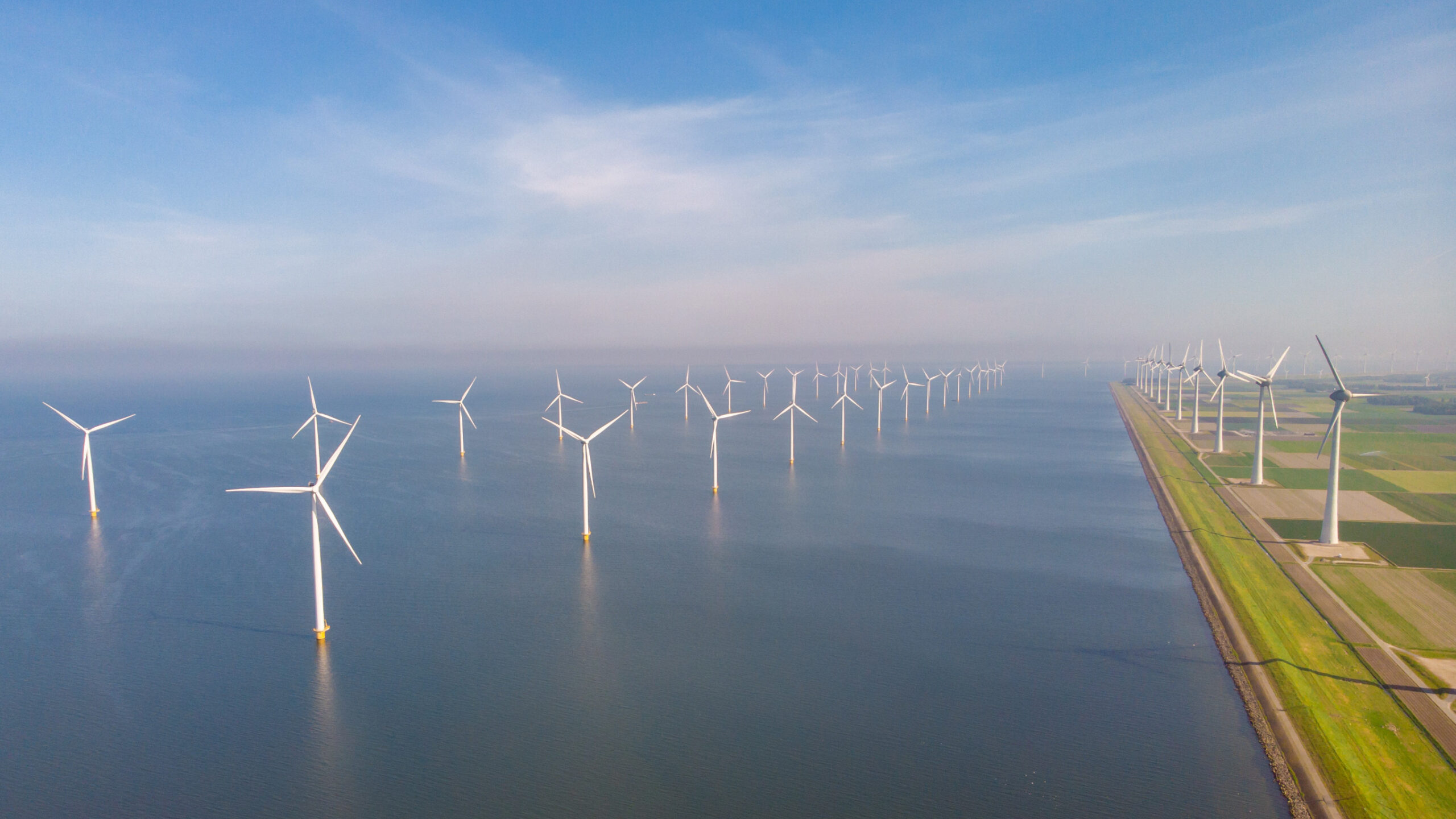As the debate continues to rage along the East Coast over offshore wind development’s impact on Atlantic whales and other marine life, a similar controversy has erupted on the West Coast, where plans for floating wind turbines are encountering growing opposition.
The Department of Interior’s Bureau of Ocean Energy Management (BOEM) has identified “call areas” off the Oregon coast it says are suitable for wind development, as part of the Biden administration’s transition from fossil fuels to renewable energy. But the Pacific Fisheries Management Council (Council) — joined by conservation groups, tribes, and other concerned citizens — has asked BOEM to rescind the call areas and begin the process anew.
“The Council’s action sends a strong signal to BOEM that fisheries leaders do not want to lose our productive fisheries, the scientific surveys on which our fisheries management depends, or the health of our ocean ecosystems due to offshore wind,” Susan Chambers, co-chair of the Council’s Marine Planning Committee, said in a statement. “The California Current is one of the most productive marine ecosystems in the world. We need to get this right.”
“An Unacceptable Premise”
Heather Mann, executive director of the Midwater Trawlers Cooperative and one of the leaders of the informal coalition, Protect U.S. Fishermen, added, “We hear the climate crisis is so severe that collateral damage to birds, whales, the California current ecosystem, food security, even to fisheries, fishermen, and rural community economies is an accepted part of the transition to cleaner energy. That is an unacceptable premise to me, and I hope it is to you as well.”
The motion to rescind the call areas passed the Council unanimously (10-0) in early March, with four abstention votes cast by the state representatives from California, Oregon, and Washington, as well as the representative from Biden Interior Department’s National Marine Fisheries Service (NMFS).
Tribal representative and Council member Joe Ortman reiterated concerns that have been expressed frequently about the lack of government-to-government consultation with the tribes.
“Tribal concerns are not being given the consideration they deserve,” Ortman said. “Many potential impacts on the California Current ecosystem and the aquatic resources on which they depend have not been adequately identified or addressed by BOEM.” He continued, saying tribal interests “are very concerned that the cumulative impact of wave energy areas in California, Oregon, and Washington and their individual assessments will be inadequate to protect treaty fishing rights.”
Worlds Apart
The Biden administration’s push for offshore wind turbines is enthusiastically embraced by developers eager to pocket generous federal subsidies for wind power. Their view, as the Council Heather Mann correctly pointed out, is that marine life and human well being can be cast aside in the name of saving the planet from climate change. Offshore wind is almost as inefficient as onshore wind, and floating wind turbines is a technology that has not been tested. It is a boondoggle on steroids. Meanwhile, the people who make their living providing food are given short shrift by elites who take them for granted.
BOEM is likely to approve the offshore wind in the Pacific Northwest, just as they are moving forward with similar approvals for giant wind turbines on the East Coast. A tiny sliver of the population will benefit from this; everyone else loses. The turbines will have no effect on the climate and do much harm to the environment. Welcome to the world of clean energy.
